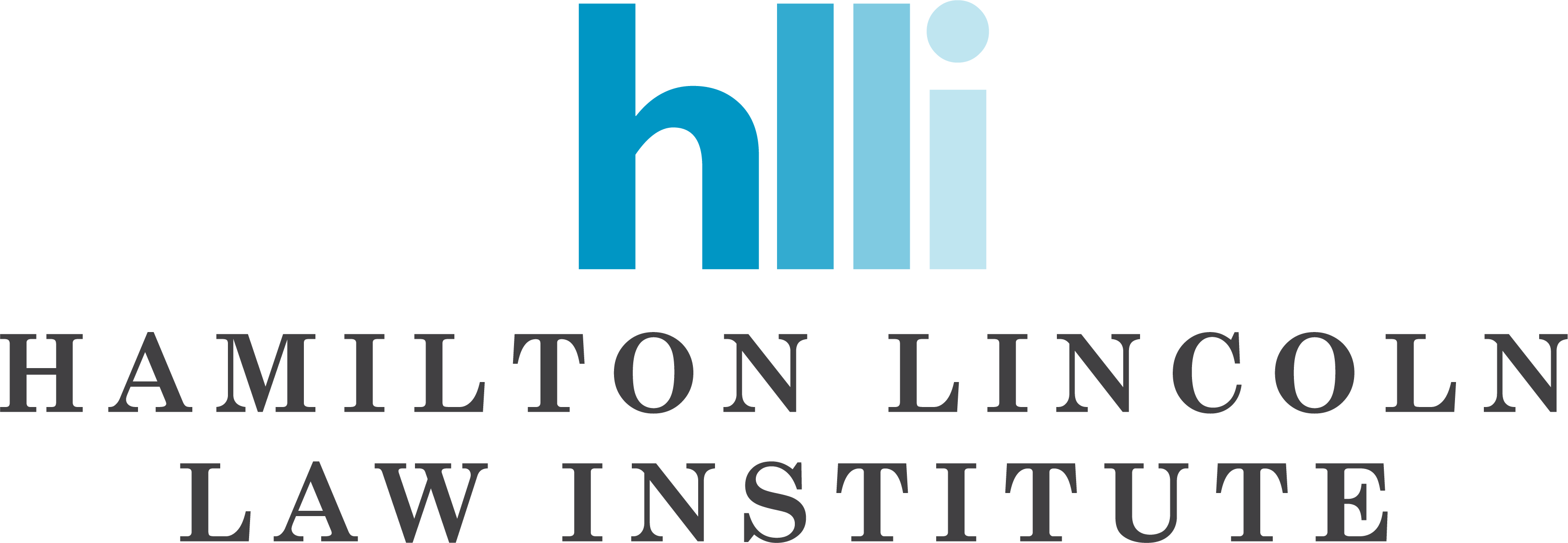
WASHINGTON, DC – The Hamilton Lincoln Law Institute (HLLI) won a First Amendment victory Friday by securing Alabama Attorney General Steve Marshall’s commitment that parody falls outside the scope of the recently enacted HB 172. Alabama bill HB 172, codified at Ala. Code § 17-5-16.1, criminalizes the creation and dissemination of “materially deceptive media produced by [AI for use] in elections.”
AG Marshall committed that parody would not be prohibited because parodists like HLLI’s client Christopher Kohls (who posts on X and YouTube under the name “Mr Reagan”) lack the intent to deceive voters.
Marshall’s commitment is significant because California Governor Gavin Newsom told the national press that his state’s much broader anti-deepfake law—which he signed in September to ban Kohls’s speech—was no different than Alabama law. California’s was found likely unconstitutional and preliminarily blocked on October 2 by a federal district court in a case HLLI brought on behalf of Mr. Kohls.
Christopher Kohls publishes AI-created satirical ads which mock left-wing politicians as “Mr Reagan.” A July video he made parodying Kamala Harris’s first presidential campaign ad went viral when Elon Musk posted it on X, where it garnered over 100 million views. In response, Governor Newsom criticized Musk and promised on X he’d “sign[] a bill [] to make sure” such parodies were made “illegal.” And roughly two months later, Newsom did just that, signing two bills aimed at Kohls’s content. After passing these bills, Newsom bragged that Kohls’s video was now “illegal.”
Kohls retained HLLI, which filed suit in the Eastern District of California less than an hour after the governor signed the bill September 17. Governor Newsom responded to press inquiries about the suit by complaining that Kohls had not sued Alabama, which he claimed had a law that was no less “onerous.” But in a resounding decision, Judge John A. Mendez sided with Kohls and on October 2 issued a preliminary injunction against California officials enforcing the law.
Based on Governor Newsom’s claim, HLLI sent a letter of inquiry on October 2 to Alabama Attorney General Steve Marshall for his opinion as to the constitutionality of HB172, and presented his office with examples of Kohls’s videos.
Attorney General Marshall responded on October 11, making clear that Kohls’s content and others like it are not implicated by HB172. Marshall wrote Kohls’s “media would fall well outside of the prohibitions” in HB172. He reiterated “the State of Alabama is committed to free expression” and his “Office will not permit any prosecution under this Act to proceed against an individual simply exercising [] First Amendment rights.” Such a letter would act as “Exhibit A” if any Alabama prosecutor decides to grossly overstep and weaponize HB172 to regulate political content like Kohls’s, providing a significant deterrent to statutory overreach.
The Alabama Attorney General’s committed to a pro-free-speech interpretation of Alabama law is an important First Amendment victory when elected officials in other states are threatening to use similar laws to ban protected speech.
The California lawsuit is Kohls v. Bonta, No. 2:24-cv-2527 (E.D. Cal.).
For more information about this Alabama letter or the California case, please see our webpages, or contact the attorney below:
Adam Schulman, Senior Attorney, (610) 457-0856, adam.schulman@hlli.org.
* * *
The Hamilton Lincoln Law Institute is a public interest law firm dedicated to battling the progressive left’s agenda by defending civil liberties, countering government overreach, and fighting class action abuse.
As a nonprofit, tax-exempt organization as defined by section 501(c)(3) of the Internal Revenue Code, HLLI relies on support from individuals and foundations that share a commitment to individual liberty, free enterprise, and limited government. To learn more, visit http://www.hlli.org.
